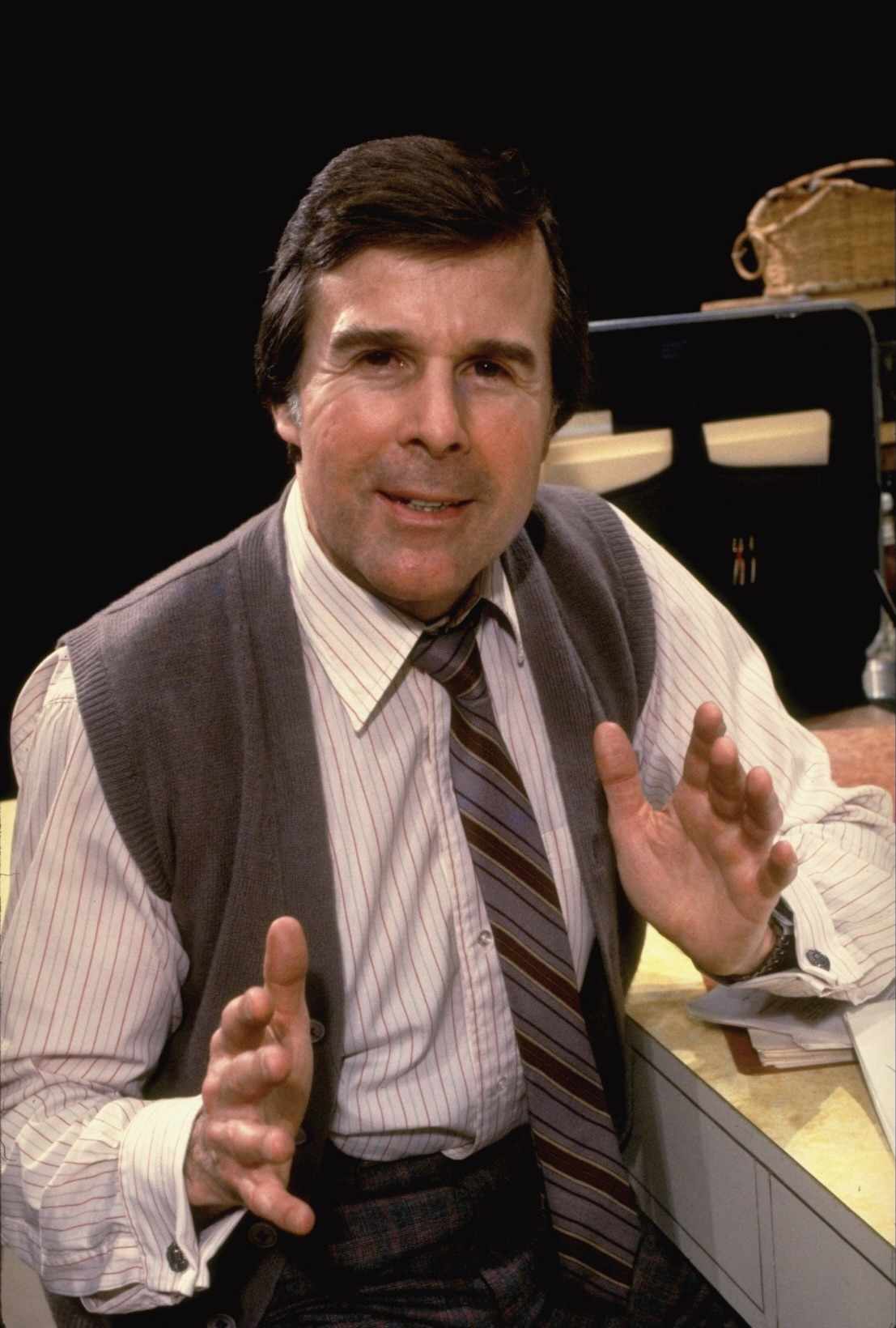
The subject of this column last week was the 1932 play Twentieth Century, on which 1978's On the 20th Century is based. One of my all-time favorite musicals, its superb original production had to be seen to be believed. I was fortunate forty-four years ago to have done so one-and-a-half times; brazenly second acting it on a hot summer night while wandering about Times Square with nothing to do at 9:15 p.m. I loved how spectacularly over-the-top it seemed in almost every way and yet how it managed to still deliver emotionally. That is probably because it featured artists working at the top of their form, all on the same page (well, nearly all). While watching it forty-four years ago on the stage of the St. James Theatre, I felt I might have been witnessing the final stop on the train (not to stretch a metaphor). Except for David Merrick's 42nd Street, which came two years later, most American musicals began to pare down around the end of the seventies, all but throwing up their hands once the British Invasion arrived with overstuffed, serious-minded epics like Les Miserables and Phantom of the Opera, sticking around for what felt like eons.
In his opening night review in the New York Times, Richard Eder wrote that On the 20th Century had "brought back what seemed dead or at least endangered: the comedy in musical comedy." It would receive five Tony Awards for its writing, acting and design, though it lost the ultimate Best Musical trophy to Ain't Misbehavin', a five-person revue of old songs, mostly written by jazz great Thomas "Fats" Waller. Truth be told, its small-scale intimacy was a revelation; the polar opposite of what 20th Century had going for it. And between the two, sales for the little engine that could out-chugged the big train (okay, now I'm stretching the metaphor). Ain't Misbehavin' started its journey off-off-Broadway, then moved triumphantly to Broadway where it ran for close to four years (20th Century only managed thirteen months). Their Tony matchup was a David vs Goliath situation; one replicated in 2004 when Avenue Q beat Wicked. It's always a shame when two such different and exciting shows compete against one another for the top prize, but there's still only been a single tie for Best Musical and that was in 1960 when Fiorello! and The Sound of Music got the same number of votes. And what was the probable third place finisher? Oh, a little show called Gypsy (with the other two nominees Once Upon a Mattress and Take Me Along for good measure). One hell of a great year.
The notion to musicalize the 1932 hit Broadway comedy Twentieth Century came to Cy Coleman, Betty Comden and Adolph Green. The first-time the trio collaborated was in 1975 when they created two songs for a revue directed by Green's wife, Phyllis Newman, that played off-Broadway without ever opening to critics. Beginning in 1976, they tossed around a number of ideas for shows before settling on Twentieth Century, but then grew increasingly disappointed that the content and style proved difficult to solve musically. In an interview a full year before the show opened, Coleman said, "I knew there was a certain perception that the show should have a 1920s score. I didn't mind doing a period piece, but it was not a period that I wanted to do. I felt it was too boxlike and confining musically."
Later, according to Comden and Green, in a piece they wrote for the New York Times, "One day, working with Cy, we improvised a musical sequence that was highly flamboyant verging on the operatic. We laughed, dismissed it as 'too much,' and then suddenly realized that that was really the way Oscar and Lily should sound. In fact, it was the way the entire show should sound. We felt we had the key."
With that behind them, the three pros set about writing a score of scope and complexity. Complete with mock opera containing some not-so-mock high notes; two beautiful love songs (one smack in the middle of an intricate sextet), and solos for its leads designed to be sung with brio and comic abandon, it really was all one could wish for in a musical comedy. Sadly, its ambitiousness was not fully appreciated at the time, and even some of the major critics dismissed the show as a failure in achieving its goals. That's not the way its company felt; a close-knit group that, according to ensemble member, Maris Clement, "was the best cast I ever worked with; they were lovely people, smart, very talented, funny and loving. It was the best show I was in, and many of us have remained friends and keep in touch."
Before engaging Harold Prince to direct, the producers hired Madeline Kahn for her first lead in a Broadway musical (whether she'd signed on the dotted line or not is unclear, but she was set). At the time, she was a much-sought after film actress with back-to-back Academy Award nominations for Paper Moon and Blazing Saddles





















Write a comment ...